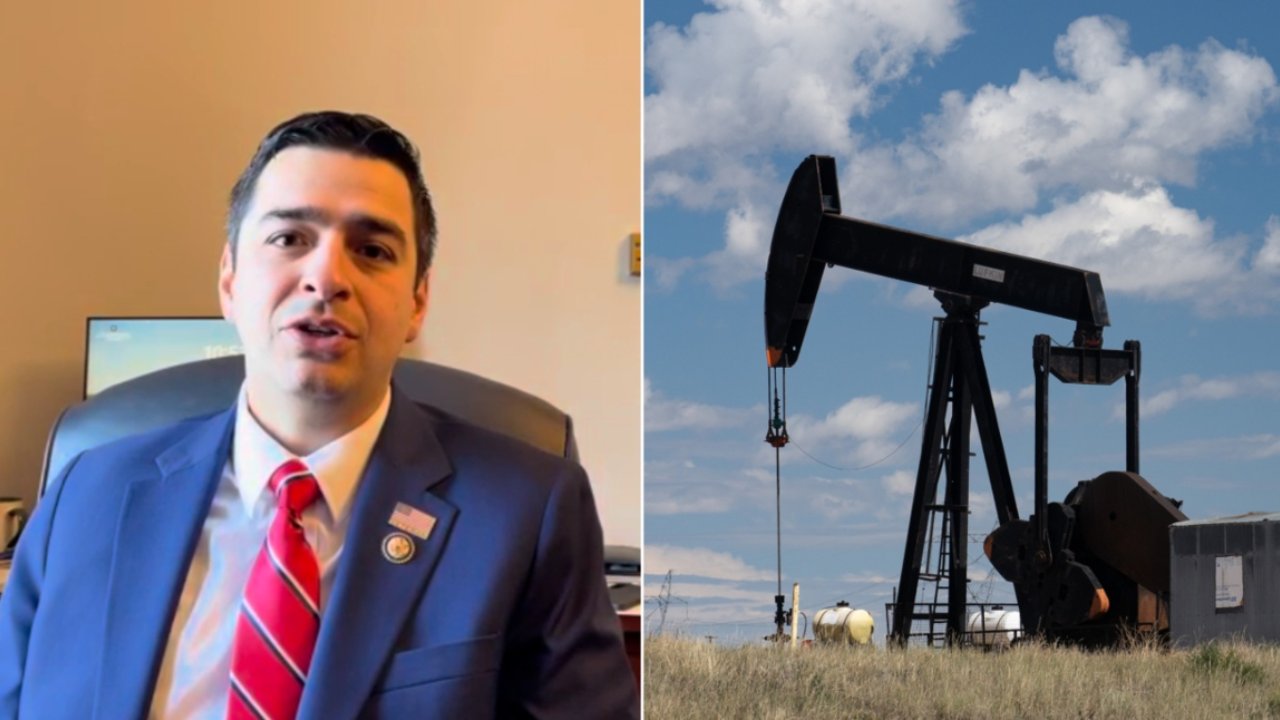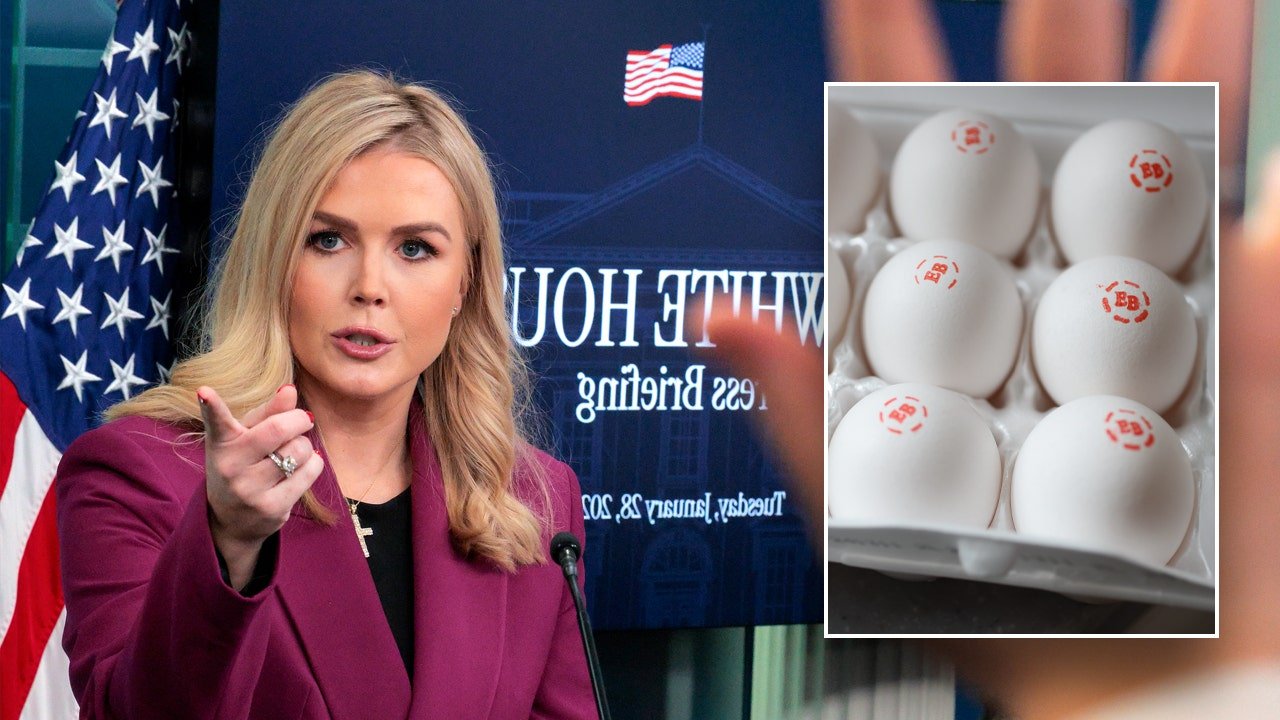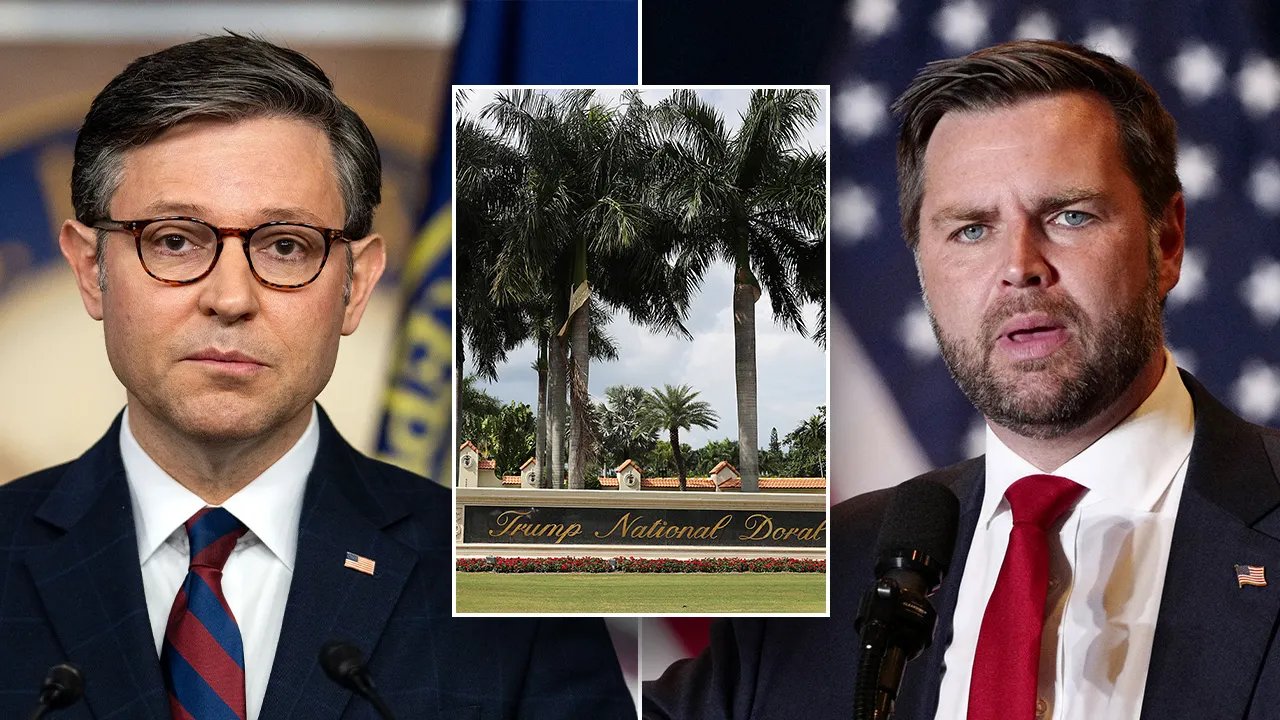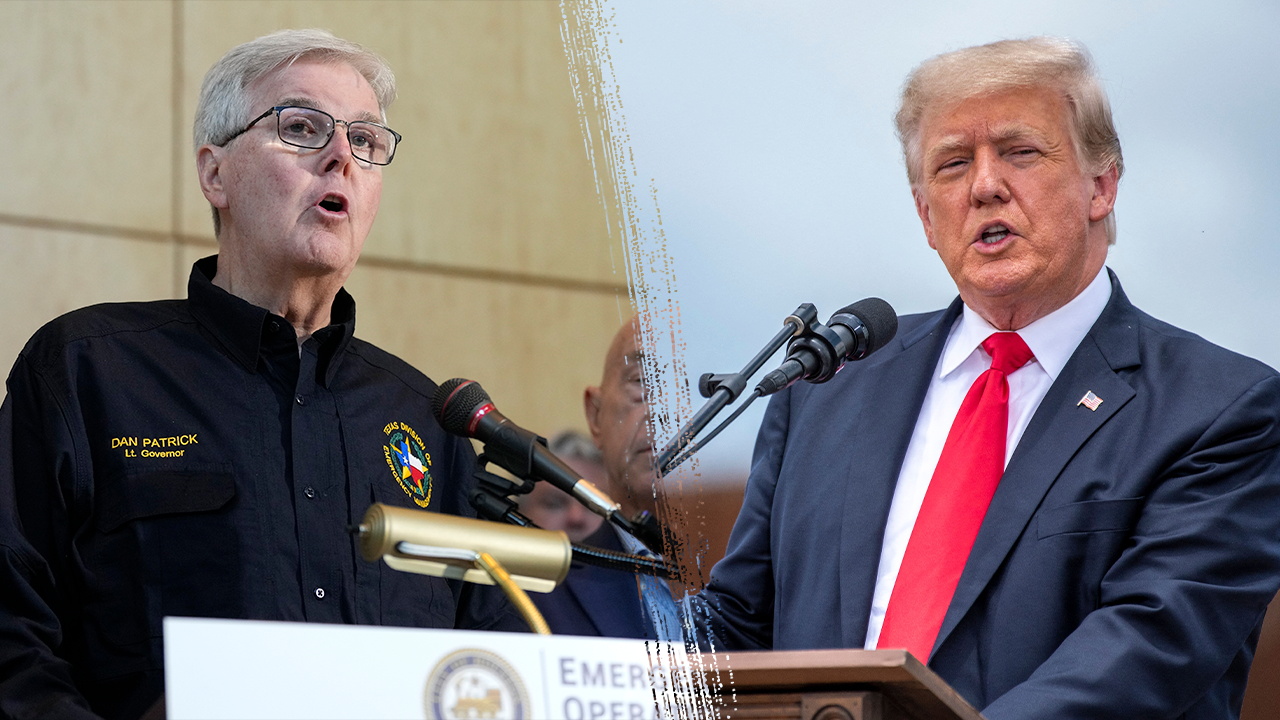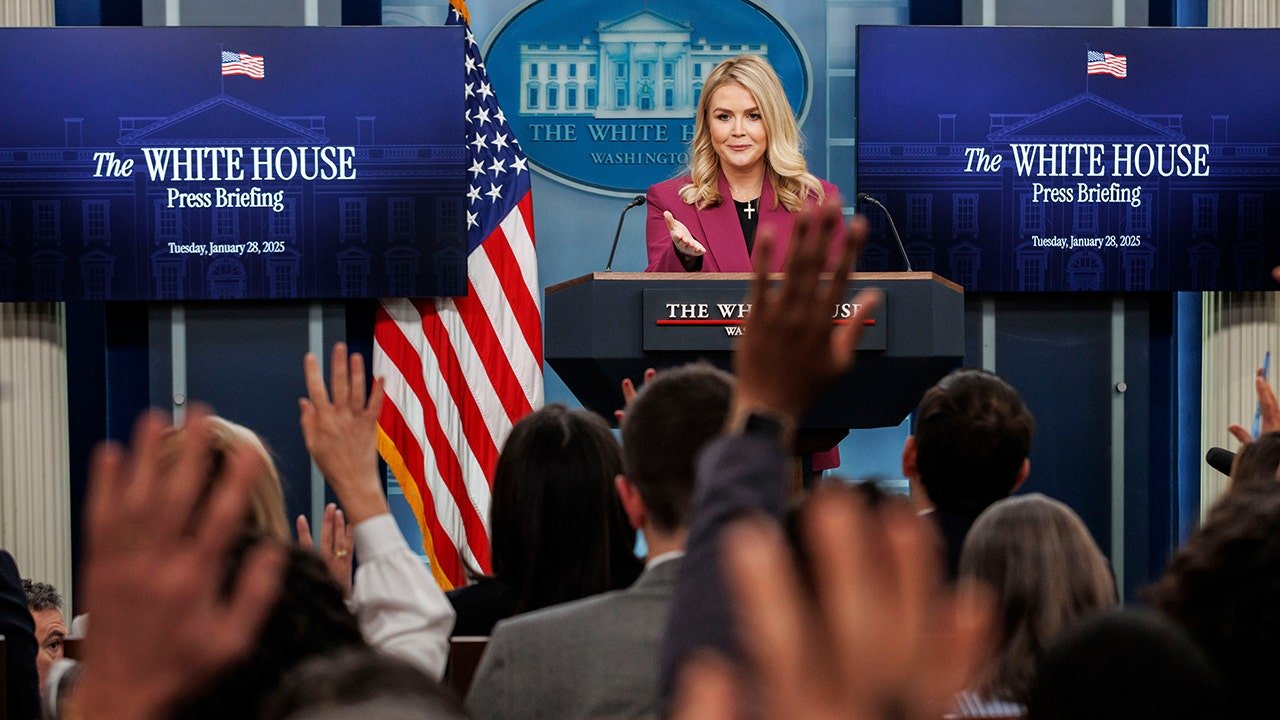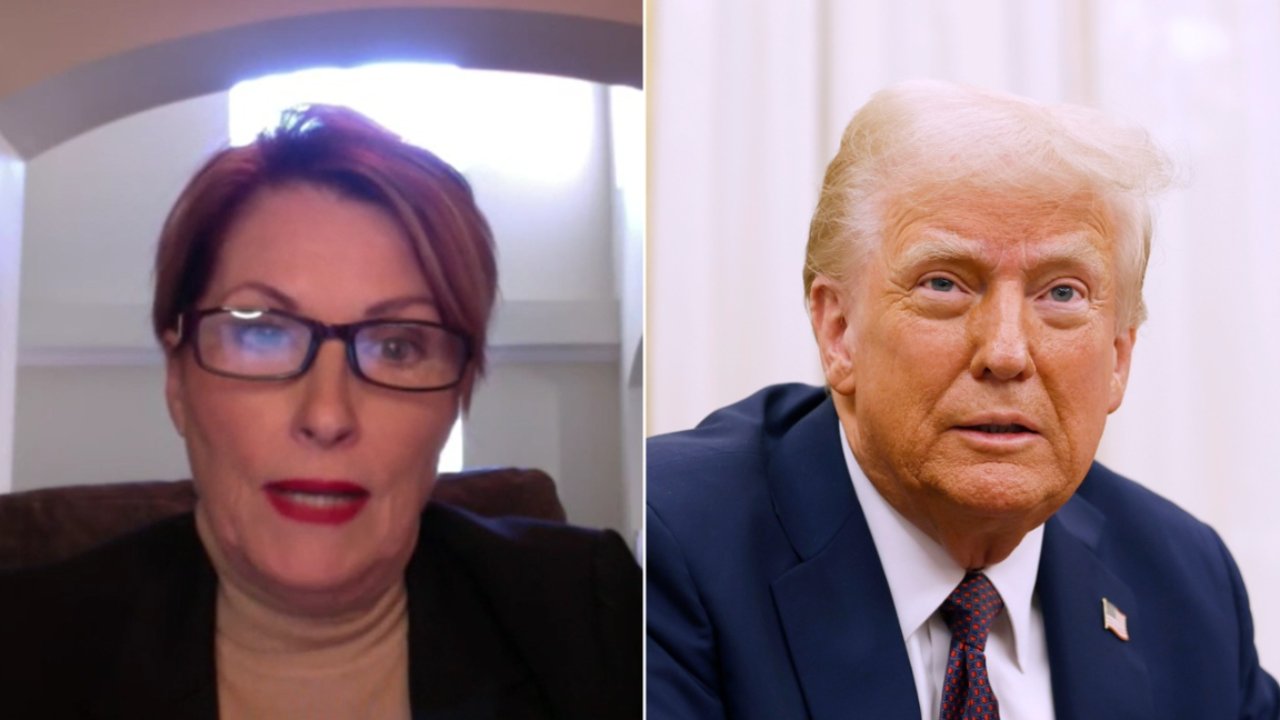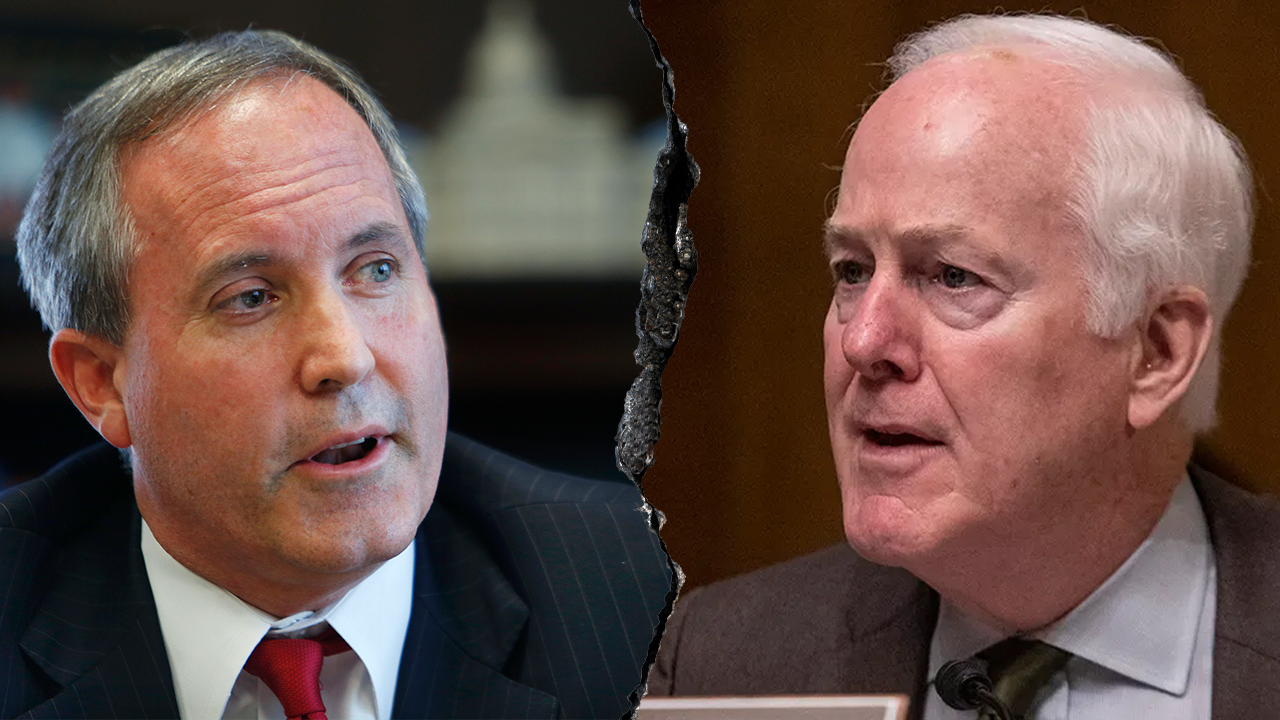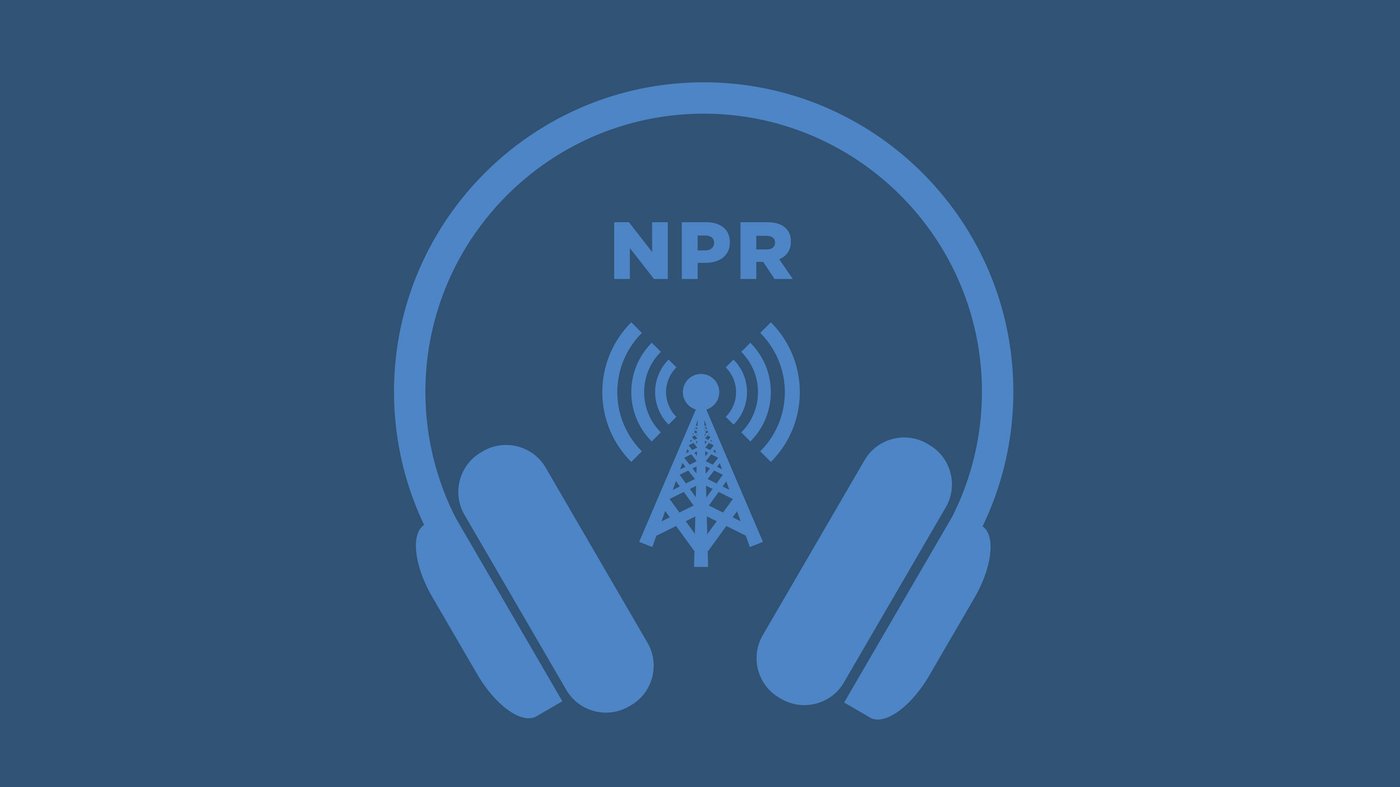
On his last full day in office, what is President Biden’s legacy? : NPR
We look at President Biden’s legacy as his time in office draws to a close.
SCOTT DETROW, HOST:
President Biden is spending the last full day of his presidency in South Carolina. As Biden has said repeatedly, without South Carolina, he never would have been president. That was the pivotal state that helped revive Biden’s fledging campaign in the 2020 presidential primaries. Tomorrow, Biden’s predecessor and now successor, Donald Trump, will take the oath of office and return to the White House. And to mark this moment, we are joined by somebody who can give us the long view on Biden. NPR White House correspondent Asma Khalid who, along with me, covered that Biden 2020 campaign, his time in the White House. Asma covered that truncated run for a second term. Hey there, Asma.
ASMA KHALID, BYLINE: Hey there, Scott.
DETROW: So you and I were covering it earlier this week. The president gave his goodbye – a farewell address from the Oval Office.
(SOUNDBITE OF ARCHIVED RECORDING)
PRESIDENT JOE BIDEN: After 50 years of public service, I give you my word – I still believe in the idea for which this nation stands, a nation where the strength of our institutions and the character of our people matter and must endure.
DETROW: Now, Asma, Biden has been trying in many different ways to shape his legacy on his way out the door. He tried to do that in this speech, but it was also interesting. He had a dire warning.
KHALID: He did. And Scott, it was a warning that genuinely surprised me.
(SOUNDBITE OF ARCHIVED RECORDING)
BIDEN: Today, an oligarchy is taking shape in America of extreme wealth, power and influence that literally threatens our entire democracy.
KHALID: And that word, oligarchy, I mean, that is the first time that he has used the idea of an oligarchy in an American context. He went on to warn against the idea of a, quote, “tech industrial complex.” He said there’s a small group of ultrarich people who have too much power in the country, and he said that it could have dangerous consequences for misinformation and for policies like climate. You know, Scott, what was so striking to me about this final speech is that he did not explicitly ring the alarm bells about the next president. He didn’t name-check Donald Trump once.
DETROW: And that was so interesting because he raised that alarm so many times throughout his time in office, and it seemed like one of his major goals was to turn the page on Donald Trump. Obviously, that didn’t happen. And I think that gets to the next question, Asma. On one hand, when you talk to Biden and his allies – and I feel like you especially heard a lot of this this past summer when he dropped out of the race – his allies will make the argument Joe Biden is one of the most consequential presidents of the last half century when it comes to things signed into law. And at the same time, Joe Biden is somebody throughout almost the entirety of his presidency – he was deeply unpopular. He leaves office deeply unpopular with the American public. How do you sort through that?
KHALID: Well, let’s start with the approval ratings. I mean, you are right that a majority of Americans disapprove of how Biden has performed as president on a whole range of issues. You know, you can look at the economy, immigration. But at the same time, Biden has invested billions of dollars in infrastructure projects with the goal to make more things in America. And the other night in that farewell speech, he tried to make the case that it’s going to take time for this all to really be understood.
(SOUNDBITE OF ARCHIVED RECORDING)
BIDEN: It will take time to feel the full impact of all we’ve done together. But the seeds are planted, and they’ll grow, and they’ll bloom for decades to come.
KHALID: You know, but right now, in this moment, people see Biden as a one-term president who had really hoped to turn the page on Donald Trump. He had described Trump as a threat to democracy. But now, of course, we are seeing Donald Trump return to the White House.
DETROW: Any thoughts on why ultimately Biden was so unpopular?
KHALID: You know, he is blamed – often blamed, particularly among Republicans, for inflation. And while, you know, yes, the White House could have recognized people’s financial pain perhaps more quickly, controlling inflation is largely the purview of the Federal Reserve. And Biden believes deeply in the independence of the Fed. I will say, Scott, there are, you know, a number of issues that made Biden unpopular. I think you could look, for example, at the war in Gaza. He was routinely protested by people on the left as he traveled the country. You know, he did manage to get this ceasefire hostage deal through last week, just as he was leaving office. But it is a plan that the incoming president, Donald Trump, is taking credit for. And I think it’s a valid question whether or not this deal would have actually happened without Trump. His Middle East envoy was also involved in the negotiations, and Trump had said that if the hostages were not freed by his inauguration, there would be hell to pay.
DETROW: So let’s get to the big question that so many Democrats have been frankly angry about over the past year, given that unpopularity, given Biden’s advanced age, why did he decide to run for reelection initially?
KHALID: You know, Biden didn’t seem to understand the mood in the country. And I will say he seemed out of touch, perhaps even with parts of his own party. You know, many people, including Democrats, thought that he would be too old – 86 years old – at the end of a possible second term. When he ran back in 2020, given his age, the thought was that he was going to be a one-term president. And last summer, shortly after he bombed that debate against Trump, he held a press conference, and I asked him about his decision to run for reelection.
(SOUNDBITE OF PRESS CONFERENCE)
KHALID: In 2020, you referred to yourself as being a bridge candidate for a younger, fresher generation of Democratic leaders, and I wanted to know what changed?
BIDEN: What changed was the gravity of the situation I inherited in terms of the economy, our foreign policy and domestic division.
KHALID: I think, Scott, what this comes down to is the fact that Biden felt that he was the best option to defeat Trump. You know, but that decision to insist on running for reelection and not drop out until July prevented a real Democratic primary from taking place, and it shortened up the campaign for his party.
DETROW: Let’s end with the long view. Let’s zoom out. What do you think some of the accomplishments are that Biden will be remembered for? What do you think, as he said in that clip we heard earlier, are some of the things that maybe won’t come into fruition for a long period of time, but will be Biden administration accomplishments?
KHALID: You know, whether or not you approve of Biden as president, it is an accurate assessment that he has made certainly massive investments in things like infrastructure, clean energy and semiconductors. Most presidents get one major bill through Congress in their first term. Biden managed to get several legislative wins through to really reach the sort of historic levels of spending, not just, you know, to improve bridges and airports but to fundamentally make more things in America, so that the United States doesn’t rely on competitors like China for some of the things that he sees as being really vital for national security. You know, for years, there was this idea of industrial policy, and that is the idea of using huge infusion of government money to reshape the economy. And it was taboo here in Washington. Biden, though, openly embraced it, and that also spurred investments from private companies. A whole range of new projects and investments have been announced in a range of states, in a range of places, including a number of Republican-controlled congressional districts.
DETROW: That is NPR’s Asma Khalid. Asma, I feel like it was just yesterday and also 1,000 years ago that you and I were in those Wilmington parking lots covering those strange COVID-era rallies that Biden held as he ran for president. Nice to talk to you on his final day in office. Thank you.
KHALID: Nice to speak with you.
(SOUNDBITE OF TERRACE MARTIN SONG, “THIS MORNING”)
Copyright © 2025 NPR. All rights reserved. Visit our website terms of use and permissions pages at www.npr.org for further information.
NPR transcripts are created on a rush deadline by an NPR contractor. This text may not be in its final form and may be updated or revised in the future. Accuracy and availability may vary. The authoritative record of NPR’s programming is the audio record.

